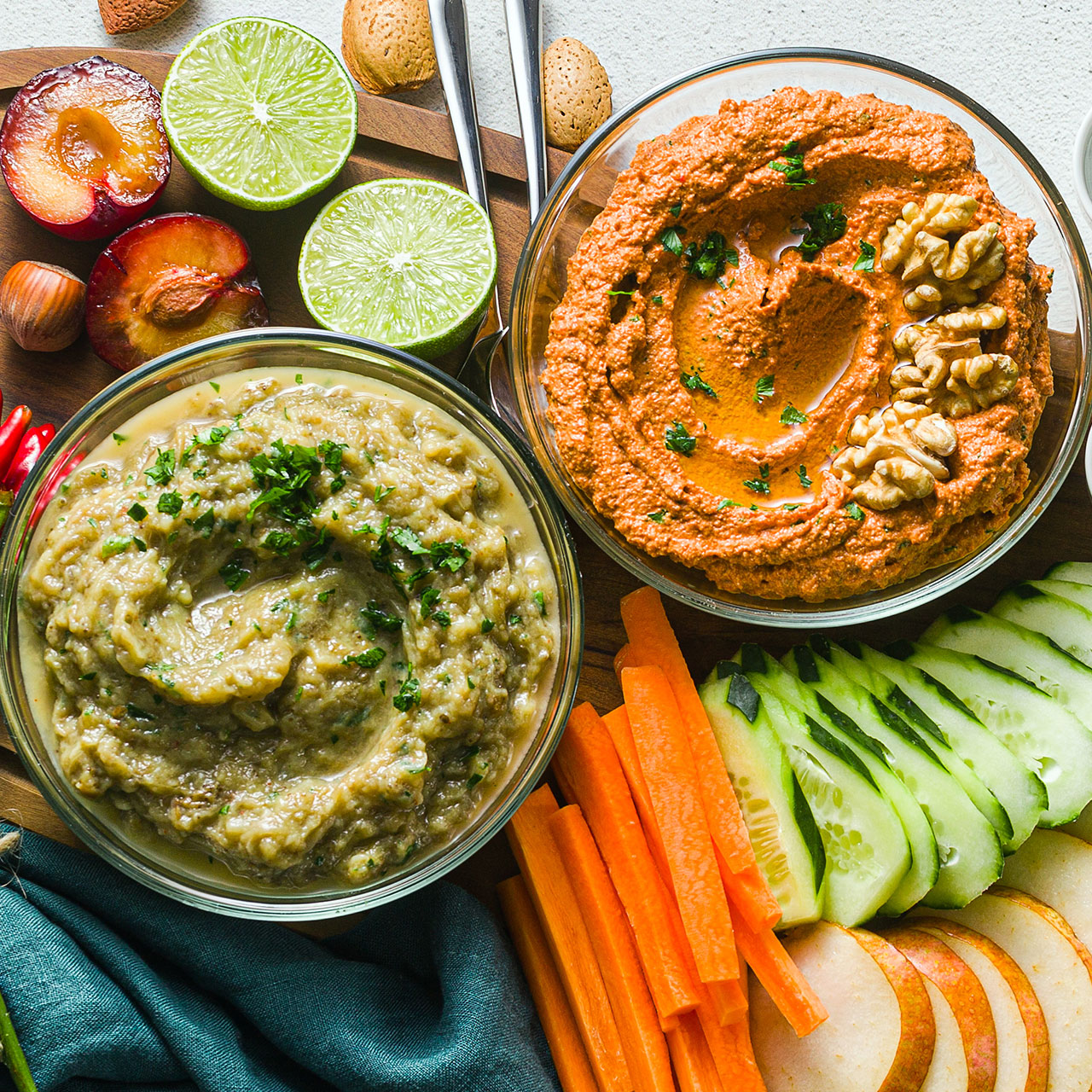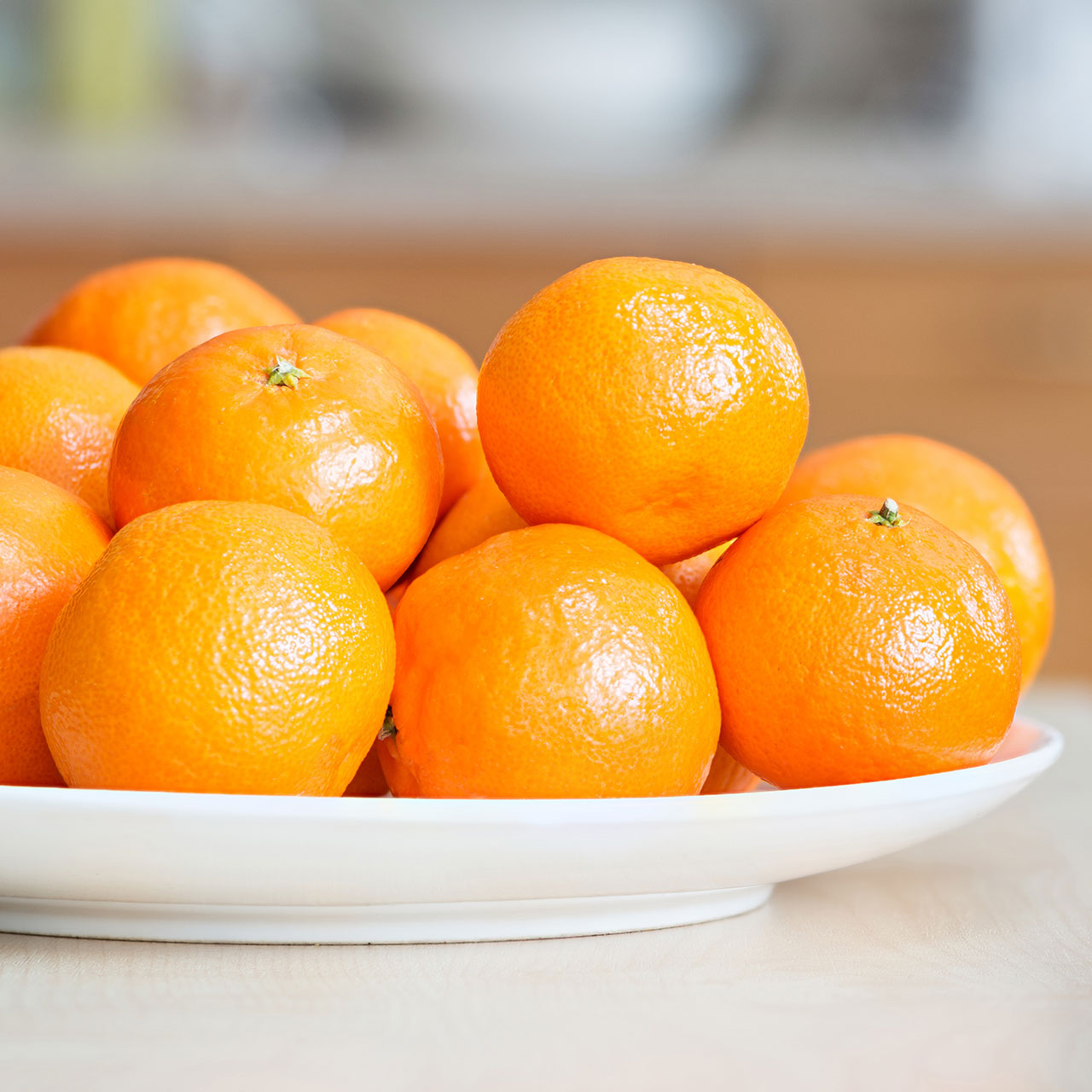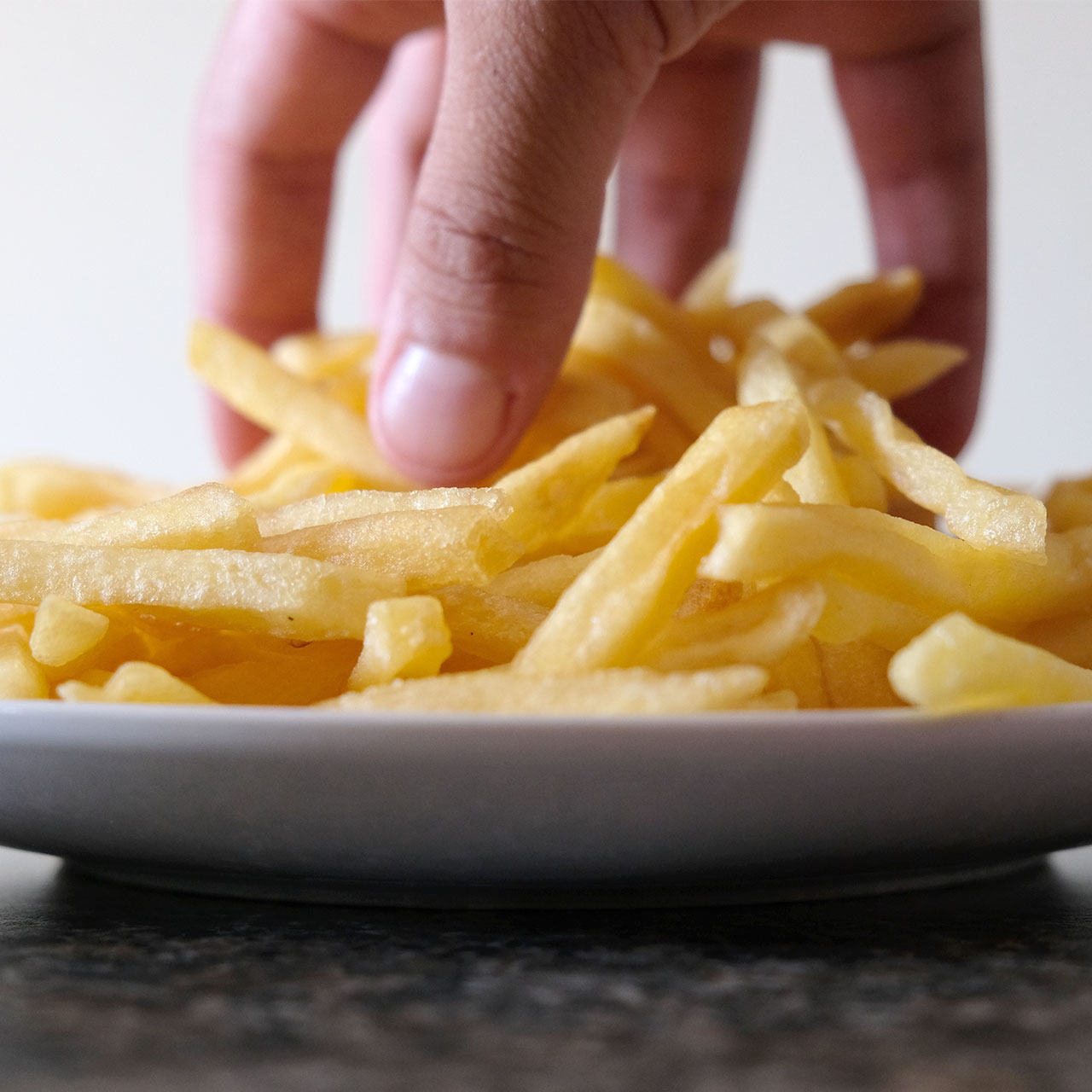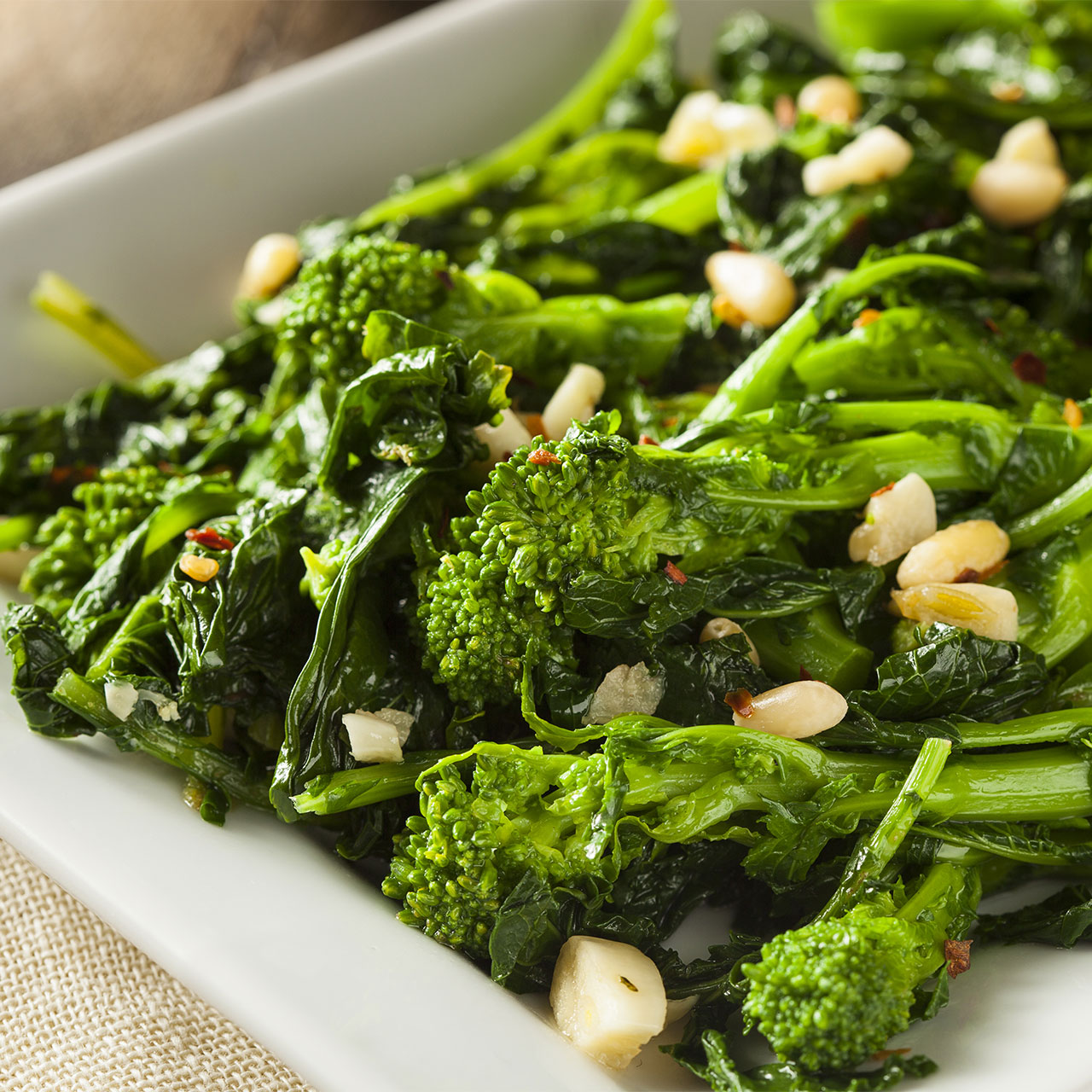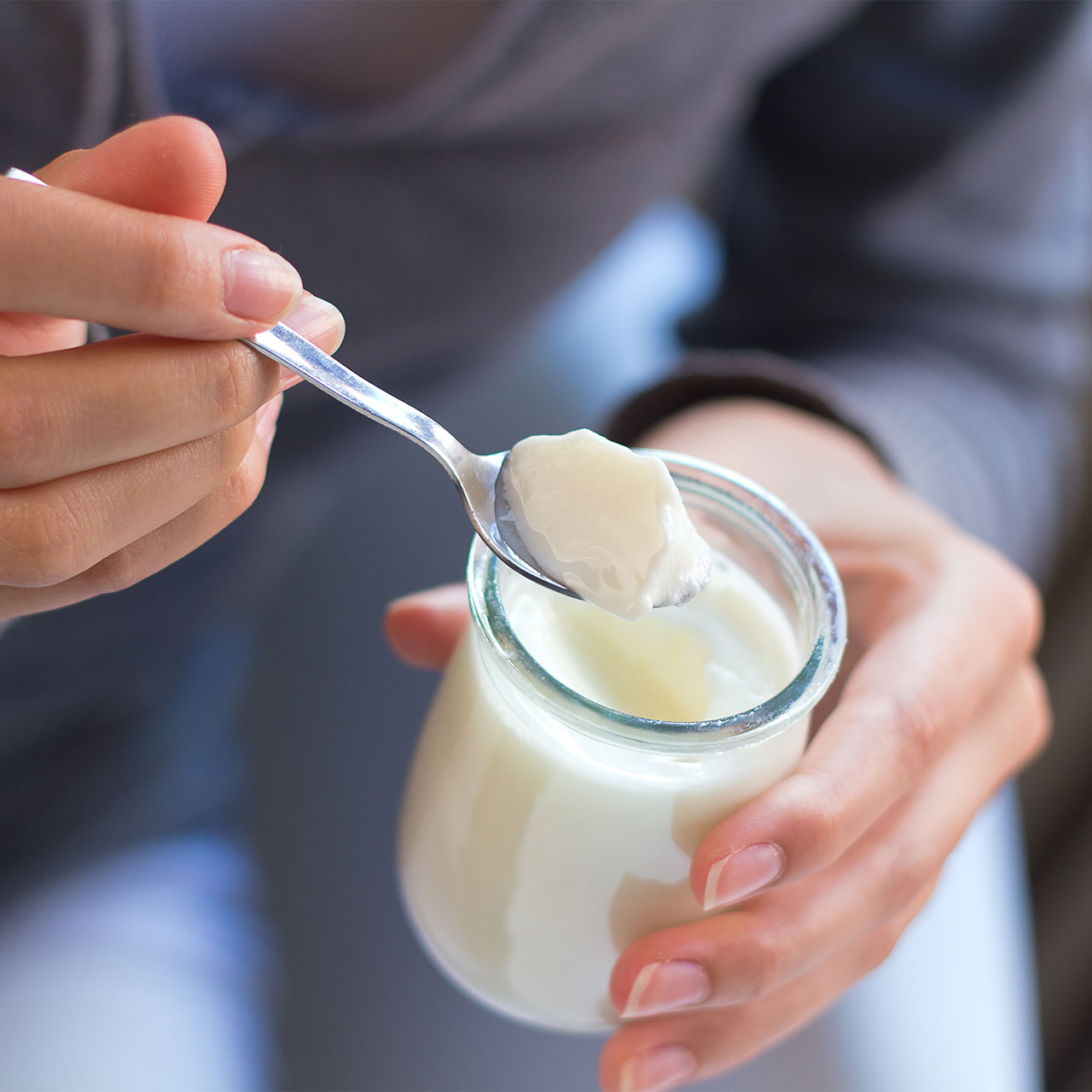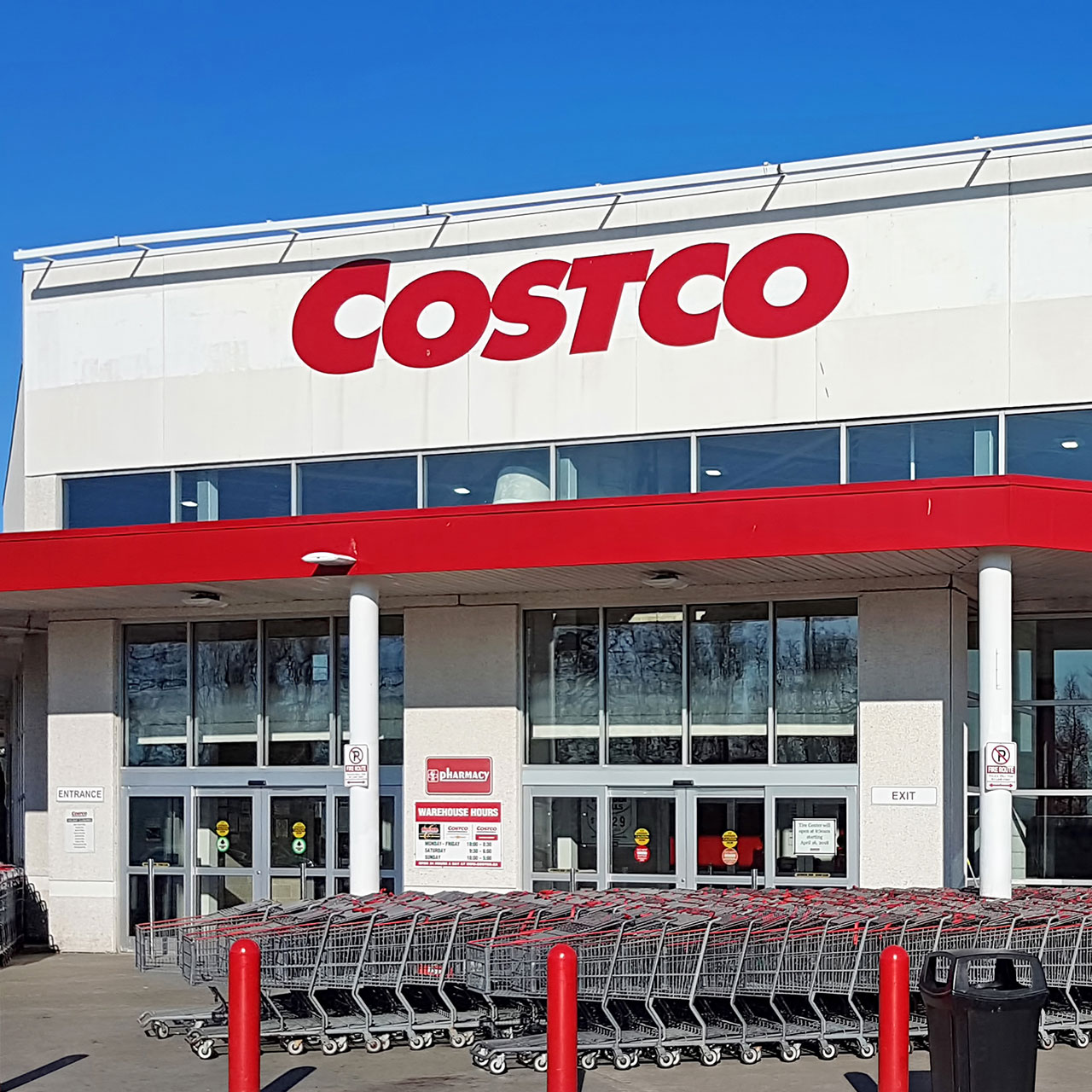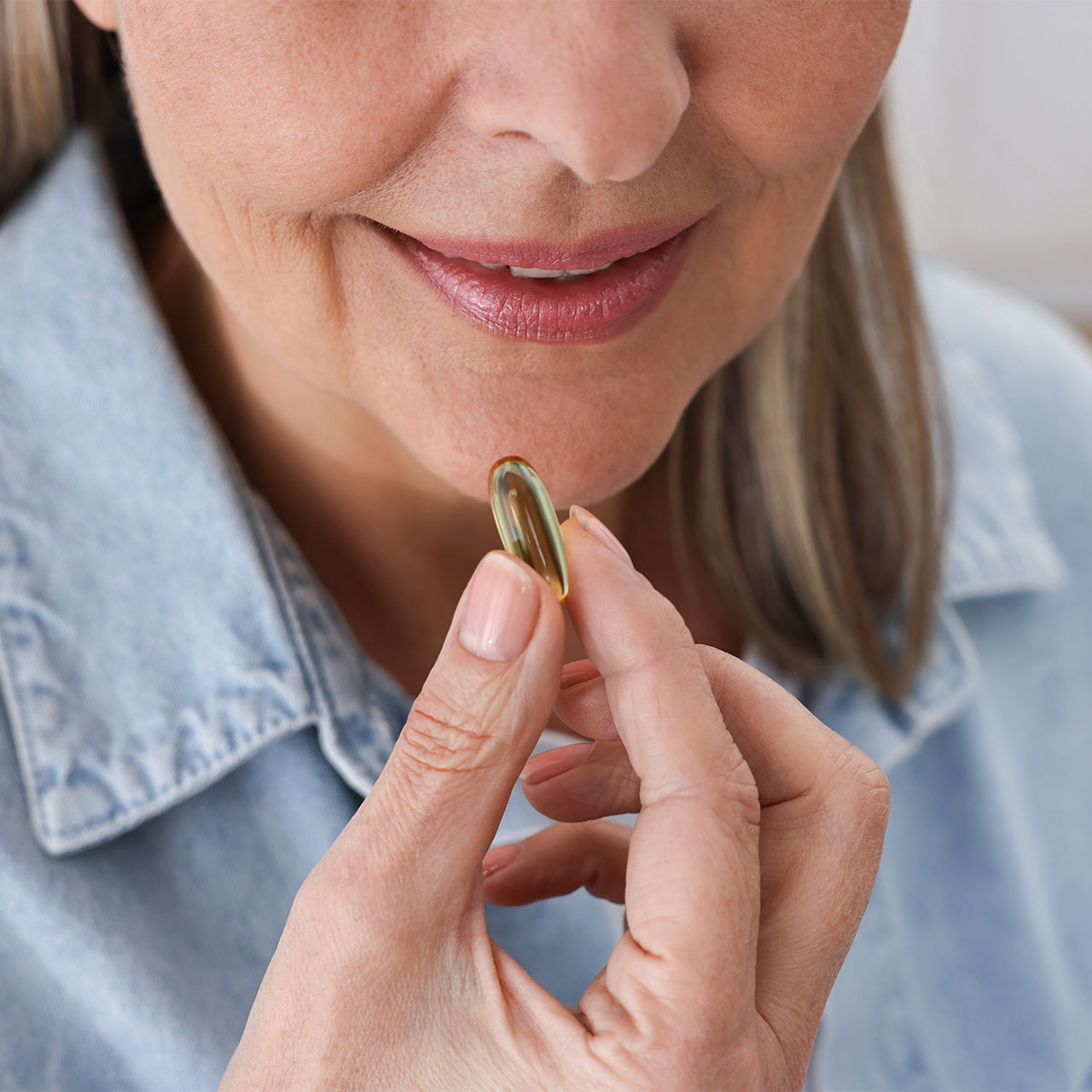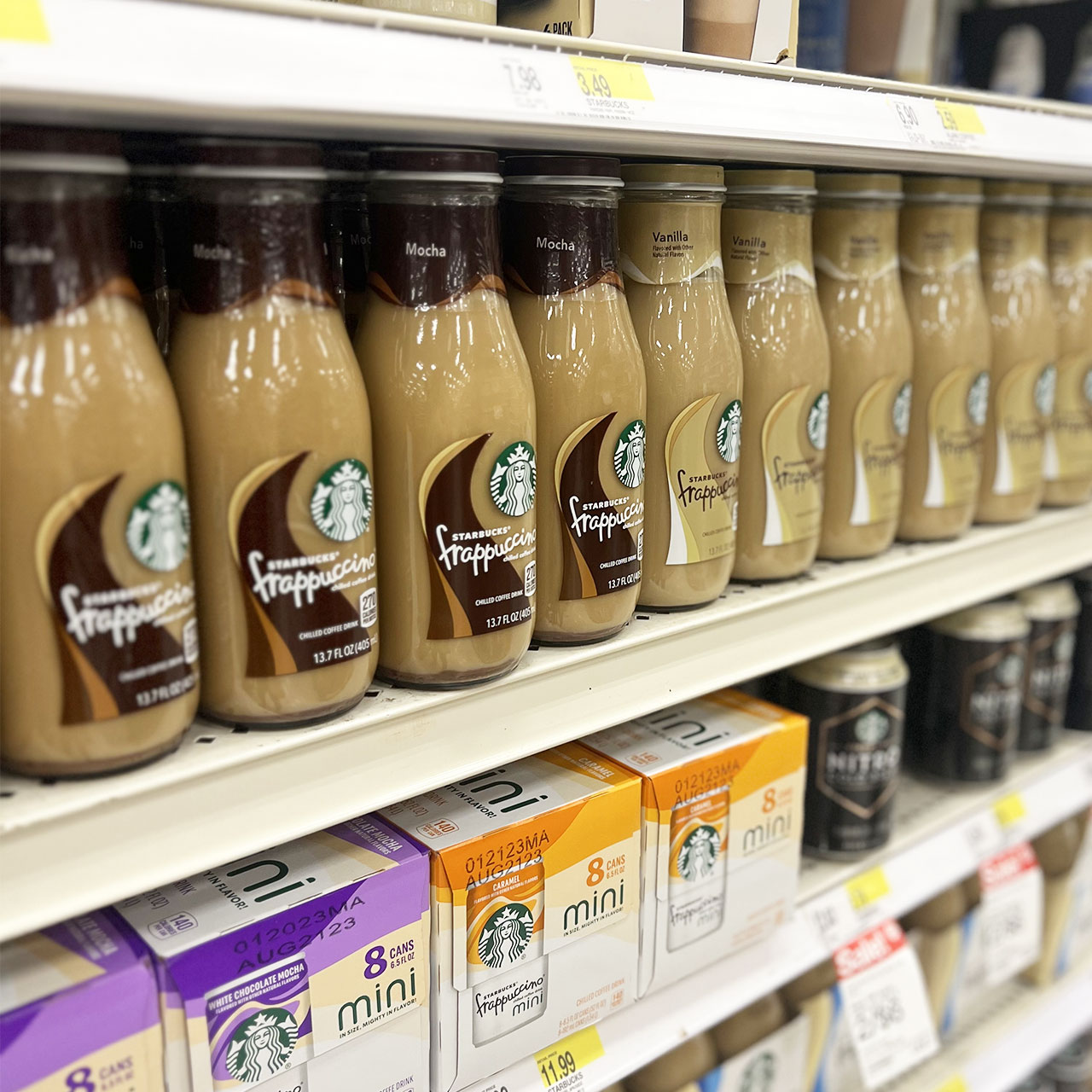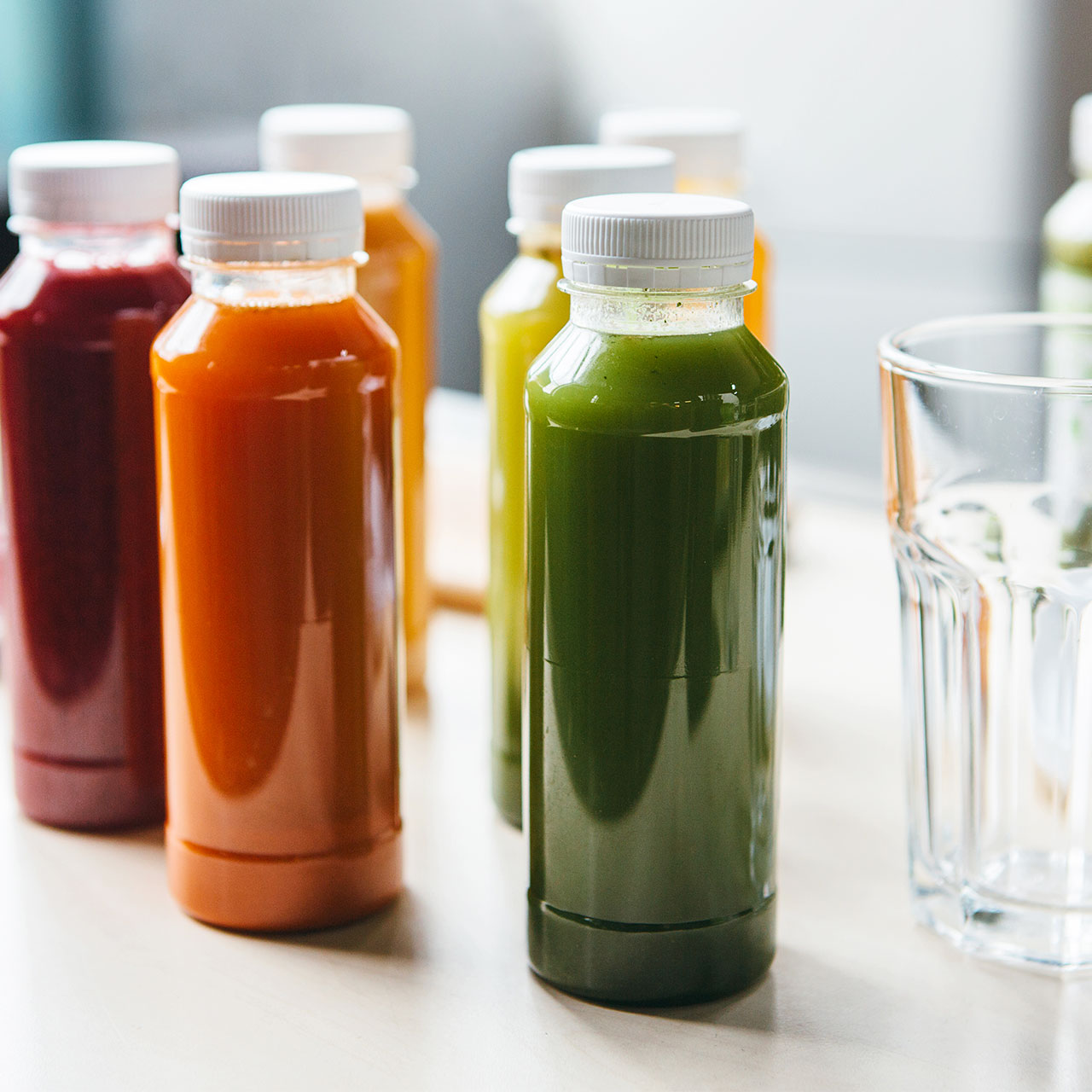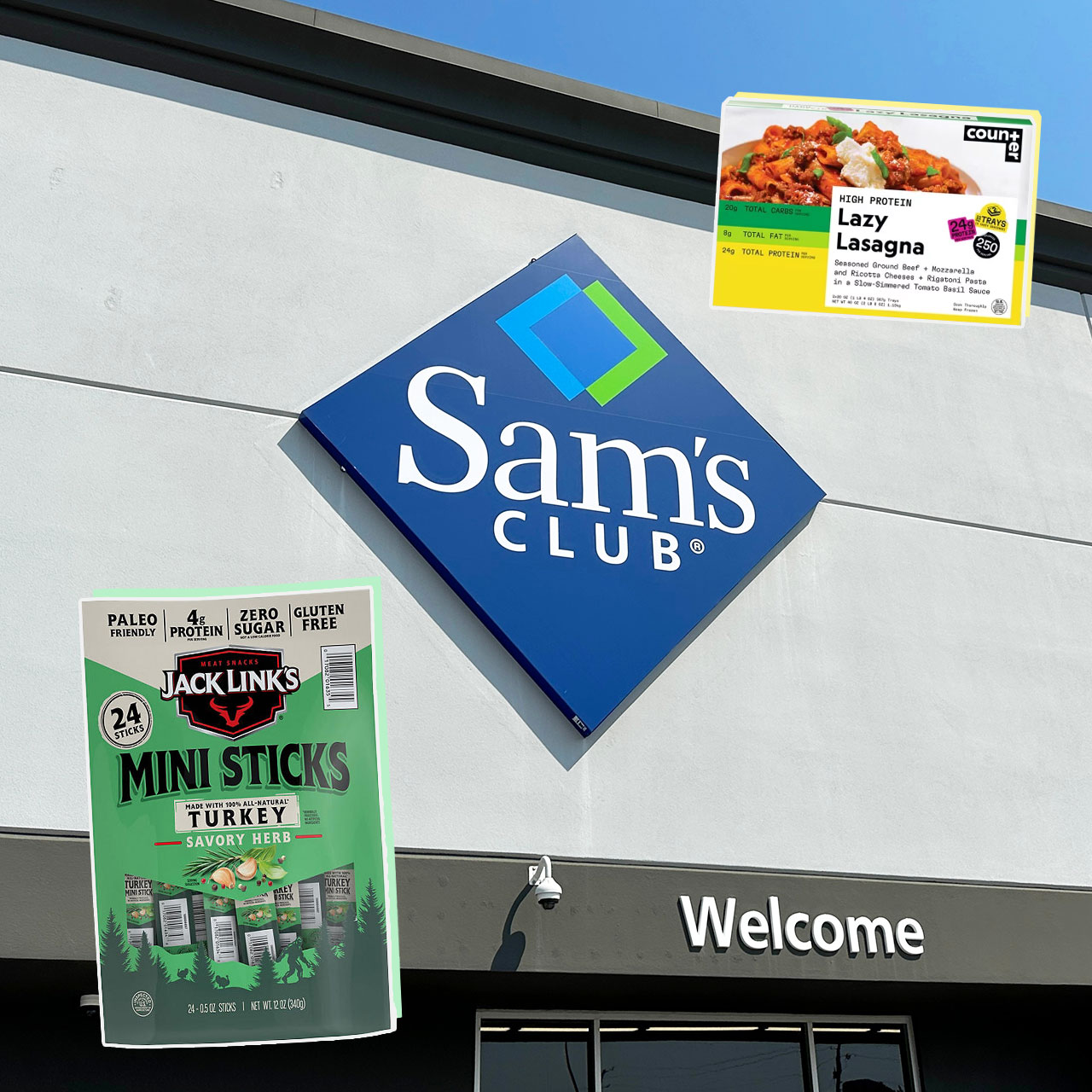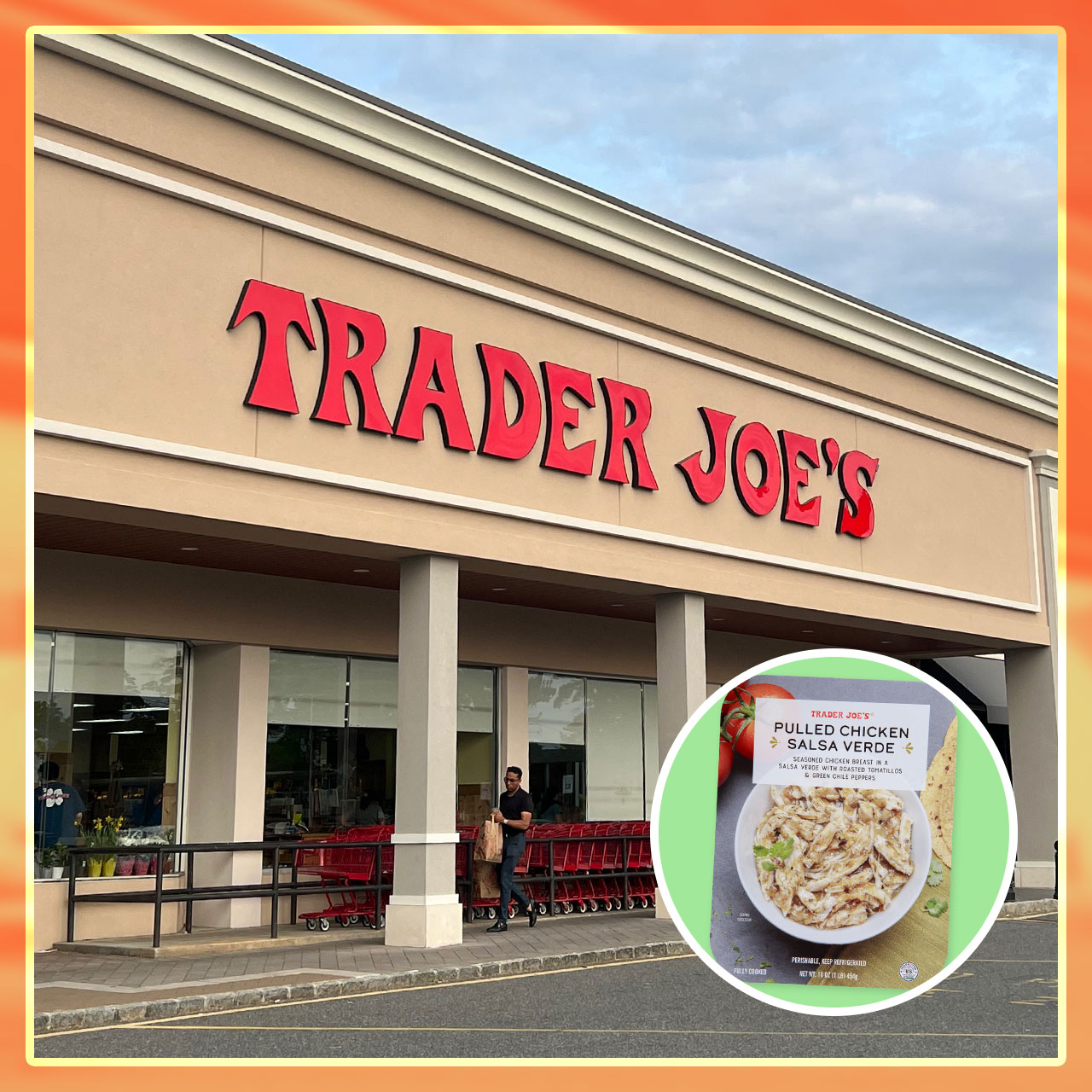This is an archived article and the information in the story may be outdated. Please check the time stamp on the story to see when it was updated last.
Salads have long been associated with healthy eating, and when choosing a leafy lunch or dinner you’re likely looking to nourish your body with greens for a balanced meal rather than overloading your diet with unhealthy fat and excess calories. The benefit of salad is that it offers an array of ways in which it can be topped and dressed in order to avoid boredom and create inspired meals that will make it easy to lose or maintain your weight.
However, while more often than not your salad will be a healthier choice than many other lunches on the menu, there are certain toppings you should steer clear of if you want to optimize your diet. The next time you’re studying the lunch menu and blindly order a salad with the assumption that it’s healthy, there’s one ingredient you should be keeping an eye out for because it isn’t actually all that great for you.

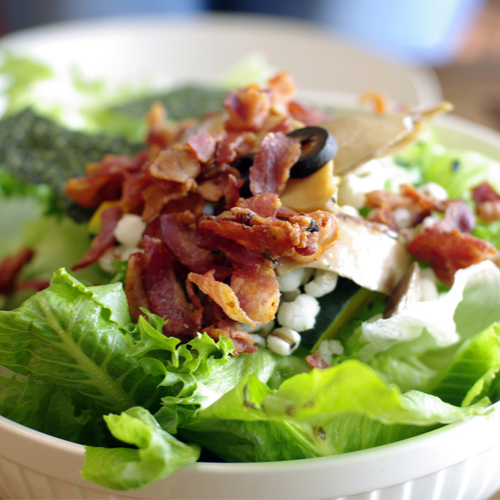
Protein is an essential staple to any diet in order to achieve the balance we’re all looking for in our eating habits. This vital macronutrient helps to increase satiety, keeping you full long after finishing your meal and helping to reduce overeating over time, ultimately making it easier to lose weight. However, not every form of protein is conducive to a healthy lifestyle, and bacon and other fatty meats should be eliminated from regular inclusion in your salads as you work to construct a well-rounded diet. “Not only is bacon full of the most unhealthy saturated fats (which can lead to a higher risk of developing heart disease and stroke over time). It is also a very processed kind of meat that has been linked to being a potential cancerogenic food,” explains nutritionist Ann Ramark.
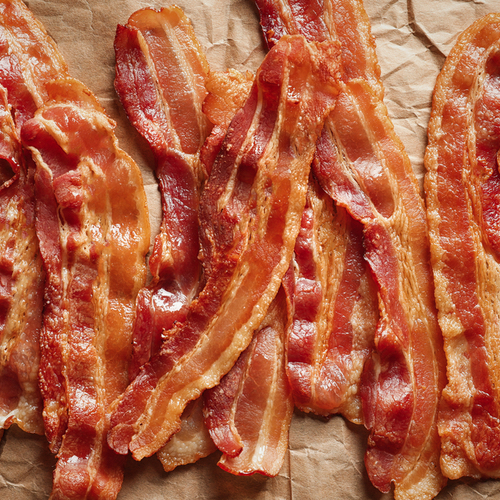
Processed meats may make weight loss and maintenance increasingly difficult as they can rapidly increase the caloric value of your meal while simultaneously packing in an unhealthy amount of fat. In fact, studies have shown that regular processed meat consumption can actually lead to weight gain, rather than loss, and while it may seem harmless to add to your leafy salads, processed, fatty meats such as bacon can negate the health benefits of your meal. “Bacon is considered a processed red meat which many health experts agree should be kept to a minimum. Some bacon bits can have sodium nitrates added and other preservatives that also may have potential negative health effects,” warns Holly Klamer, MS, RDN.
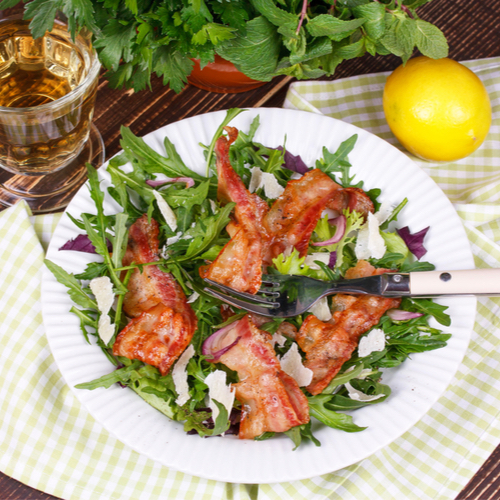
Instead, if you want to add animal-based protein to your meal, adding a less fatty option such as turkey or chicken breast is going to be your best bet for keeping your meal lean and filling without packing on calories from fat which may stall your weight loss progress. While bacon may be a tempting treat, Verywell Fit notes that a serving of bacon, “might add a whopping 400 calories and 30 grams of fat to the total nutrition.” If you would rather preserve the crunch and opt for a plant-based protein source, try roasting up a tray of seasoned chickpeas to top your salad with delicious flavor and texture that will keep you full without skyrocketing your calorie count. Try this roasted chickpea recipe if you’re looking for inspiration for your next salad.

It’s important to note that in a healthy and well-balanced diet there is room to enjoy all of your favorite foods in moderation without worrying about setting back your progress. However, if you struggle with eating in moderation and find it easier to simply eliminate certain foods at the beginning of you weight loss journey, bacon should be the first topping to go from your salads as its taste does not live up to the nutritional value, quickly overloading your meal with fat and calories while failing to keep you full. Healthy eating doesn’t have to be a daunting task and you can still enjoy the occasional slice of bacon even when you’re working towards your goals, but for the majority of your salads you will be better served opting for plant-based toppings to offer you ample protein without overloading on fat for the day.



